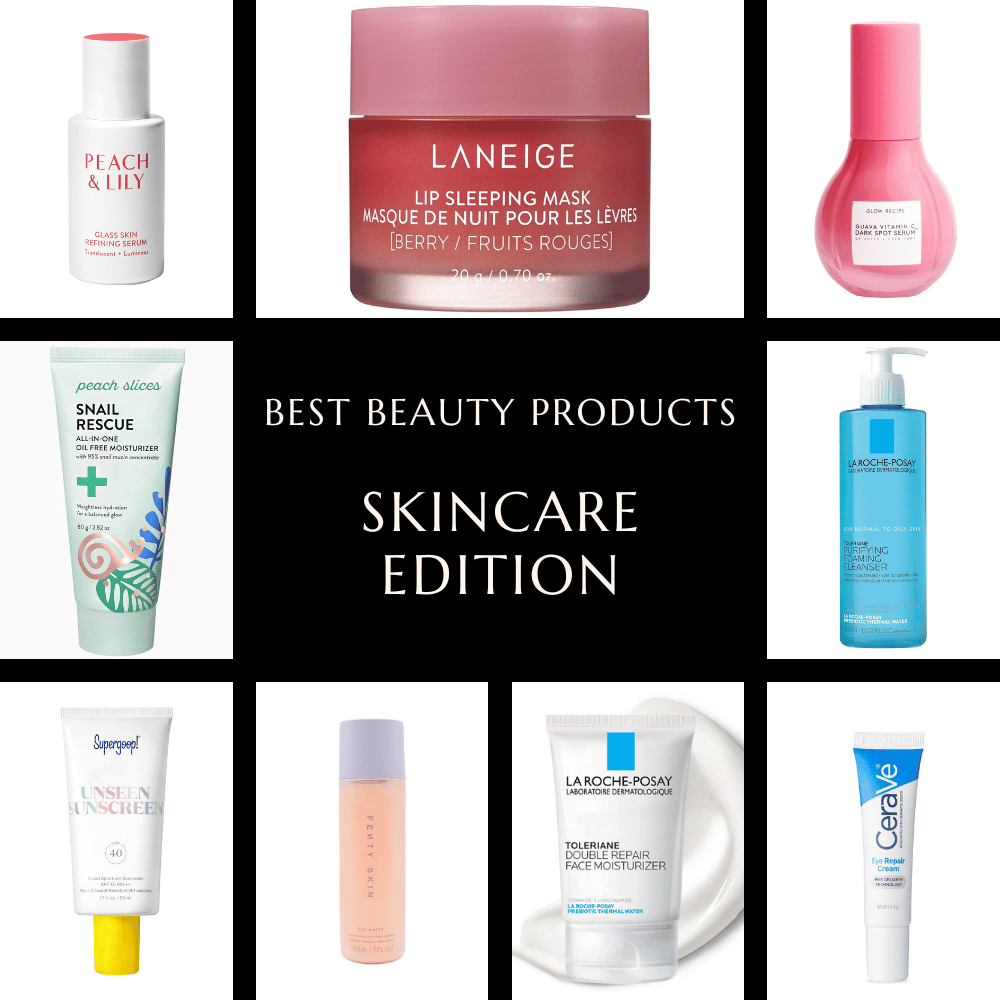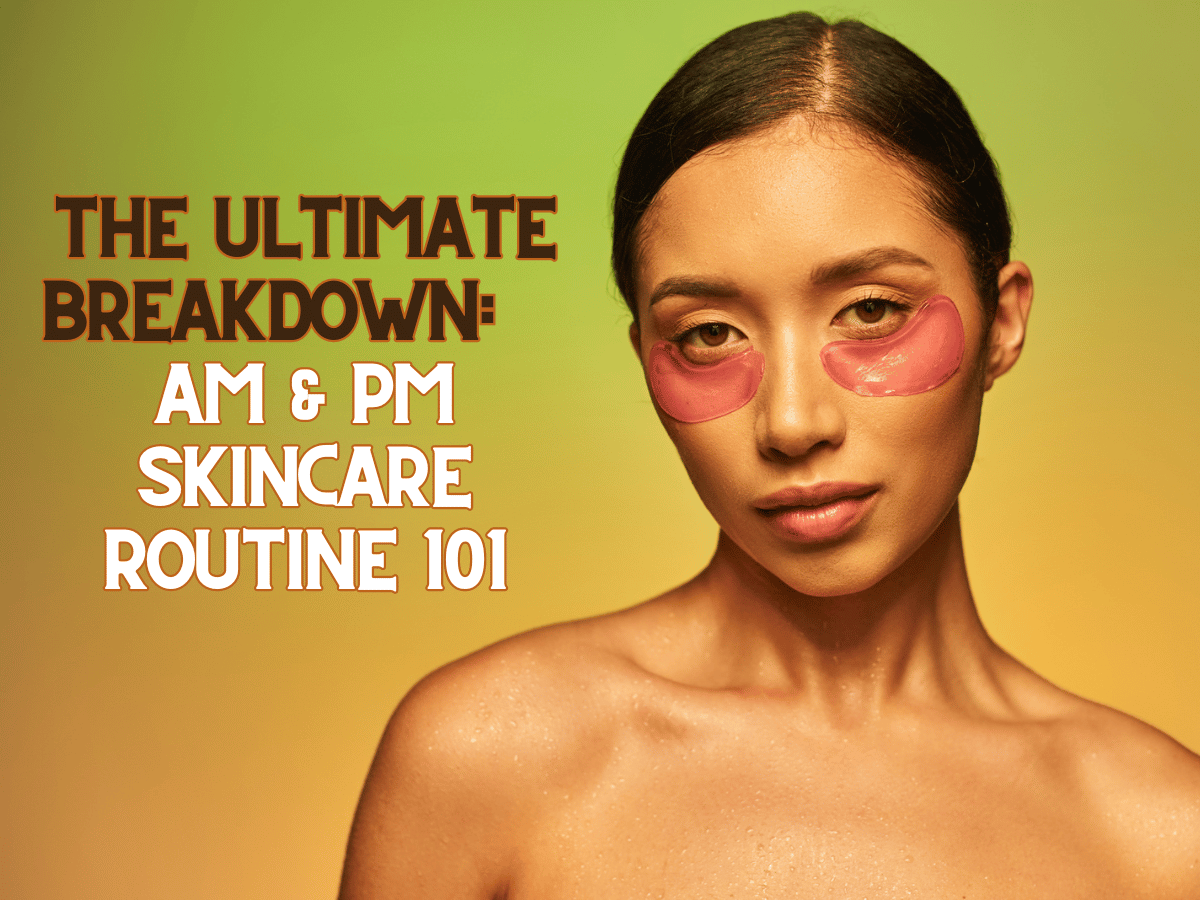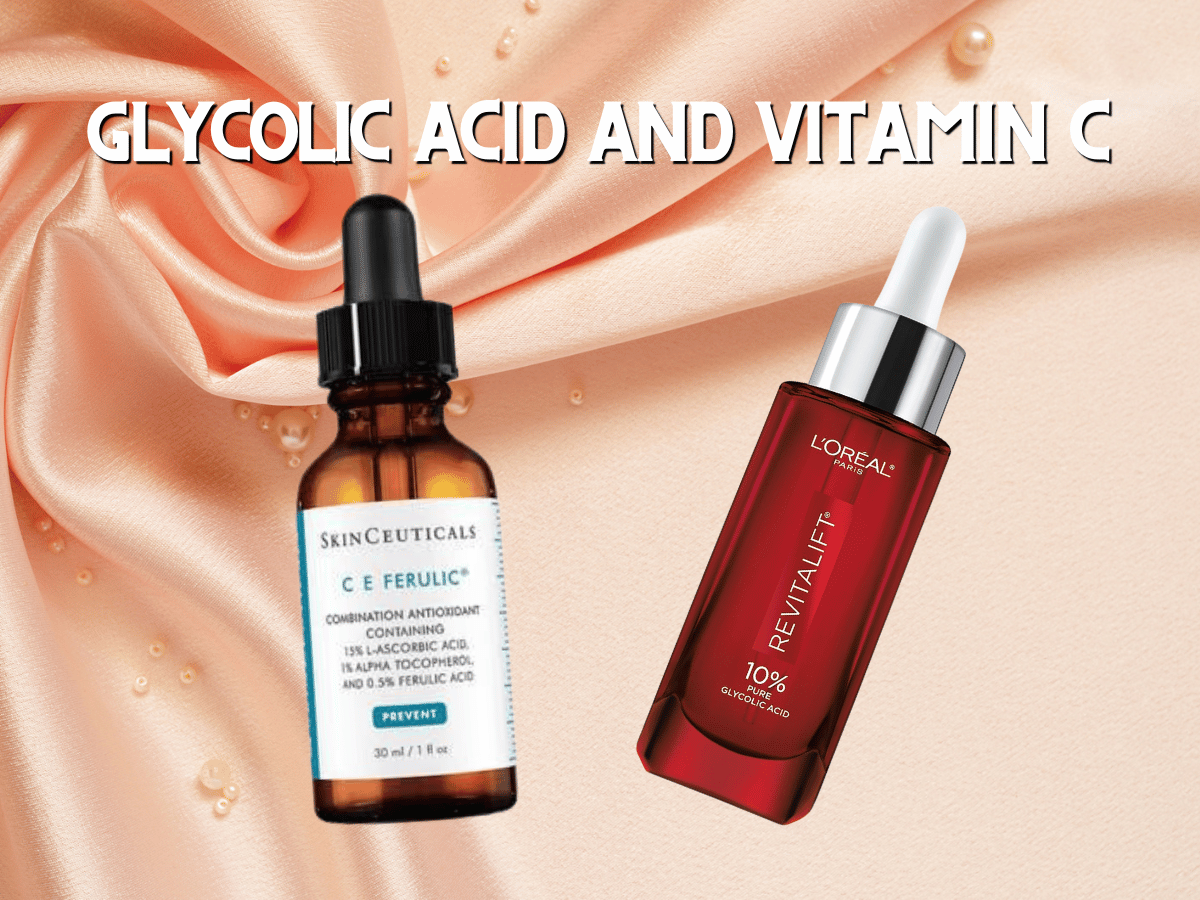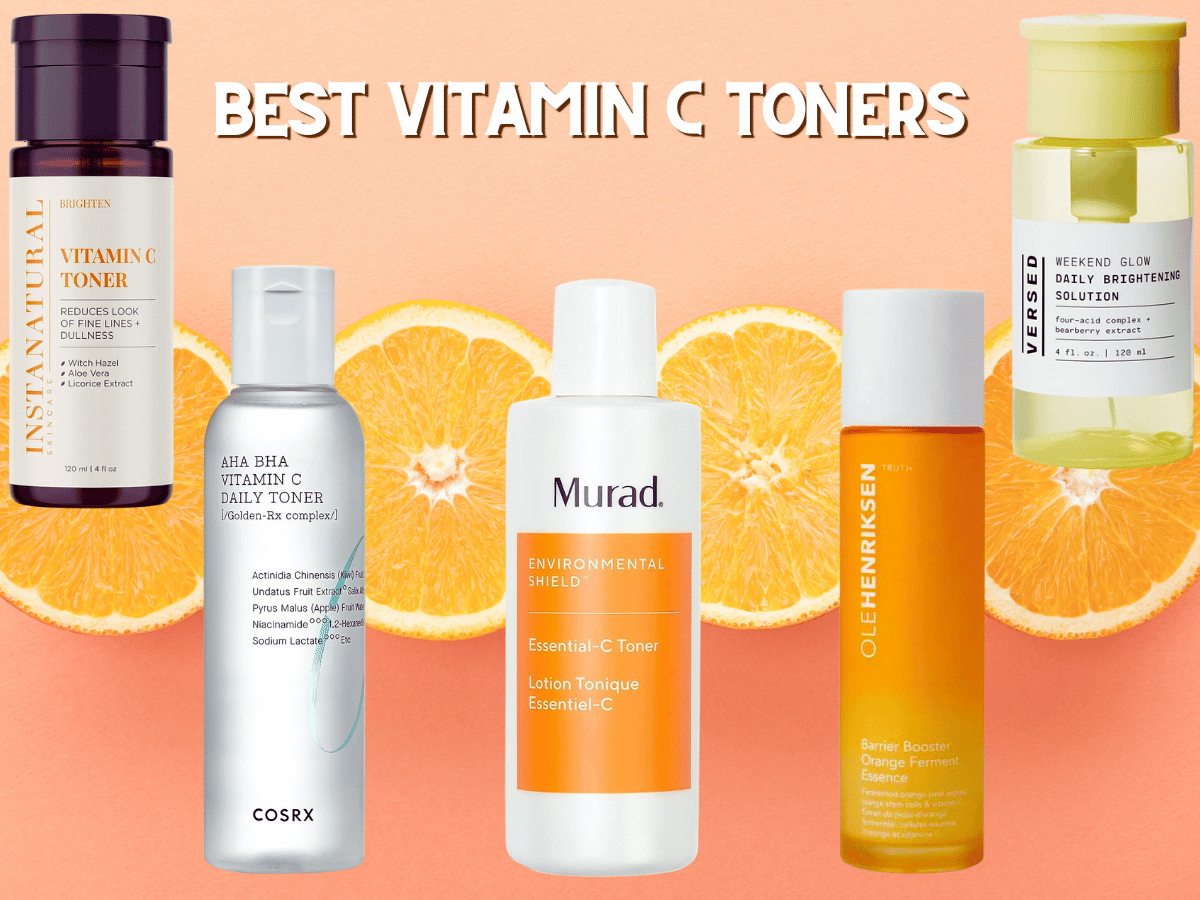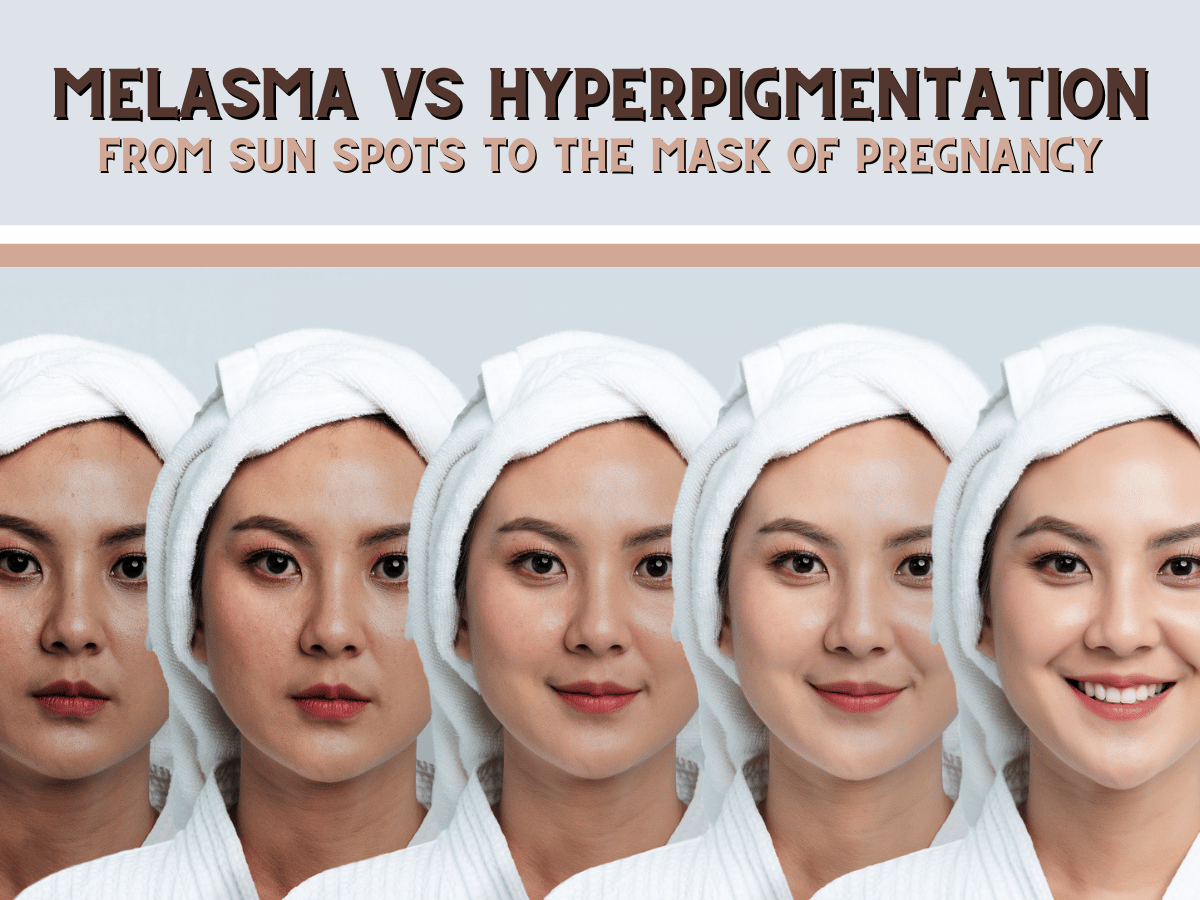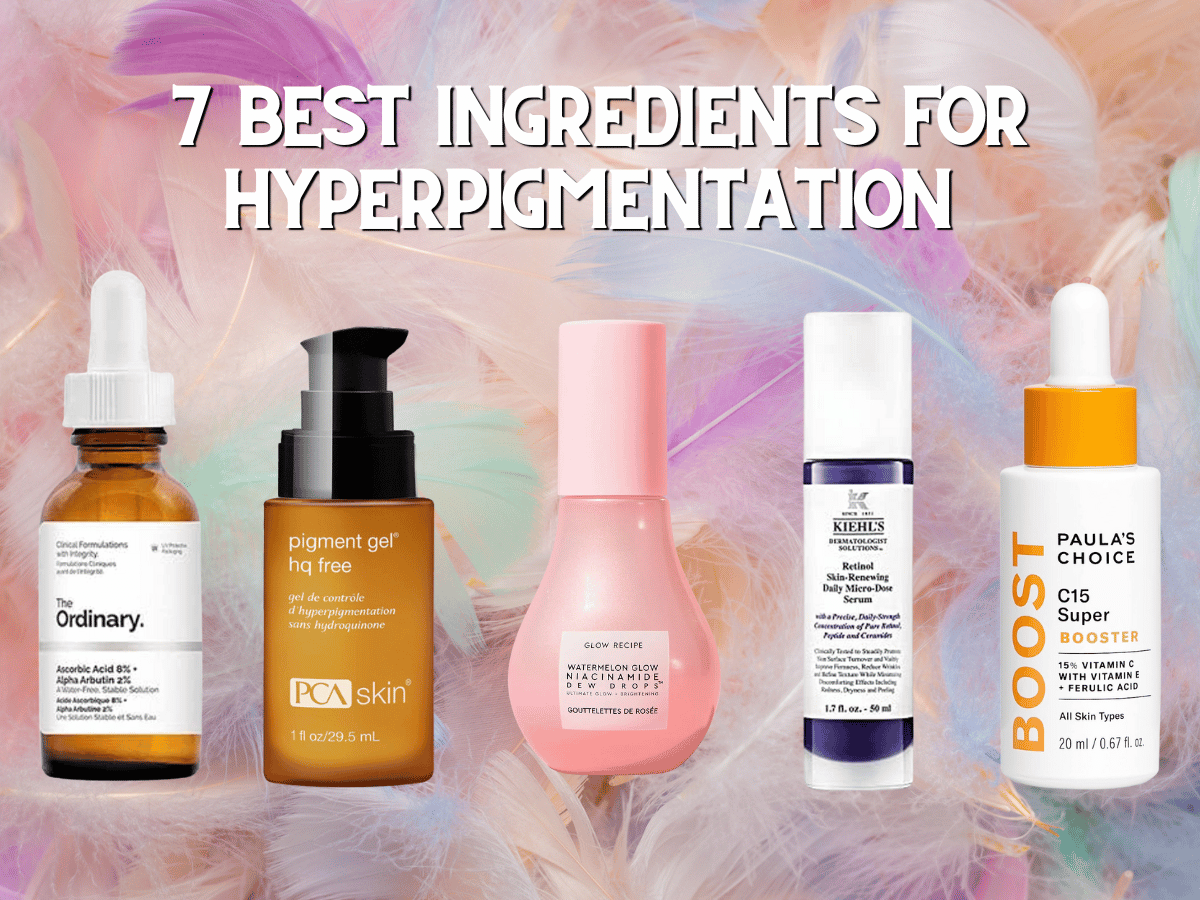Vegan Sunscreen | Everything You Need to Know

Next to the rush of three months with no school, the sun is arguably the most exciting part of summertime fun. There's nothing better than lounging in the sun with a cold glass of lemonade in one hand and your favorite book in the other.
The sun is just what the doctor ordered to chase the gloomy wintertime chill away, but it's important to exercise precautions to protect your skin from harmful rays. Many people don't know that there are vegan sunscreens available that will protect them from the sun without harming any animals.
In this blog post, we will discuss everything you need to know about finding the perfect vegan sunscreen! We'll cover topics such as what ingredients to look for, how to apply sunscreen correctly, and more!
What is Vegan Sunscreen?
Vegan sunscreen is a type of sun protection that is formulated without any animal-derived ingredients. So, if you're vegan, you can rest easy knowing that you can still protect your skin while keeping in line with your ethical beliefs. Vegan sunscreens come in a wide range of sun protection factors, otherwise known as SPF, and in many various forms to suit the needs of every skin type and tone.
Sun Safety Tips to Keep in Mind
There are many negative health risks linked to overexposure to the sun, specifically to the harmful UVA and UVB rays emitted. Over time, UV Damage can lead to many health risks, including premature aging, and skin cancer.
Despite the rumors, I'm here to tell you that it is possible to tan with sunscreen. Always choose a quality sunscreen when tanning--in 10 years your skin will thank you! You should also choose alternatives to tanning in the sun whenever possible. Without further ado, Here are some quick FDA-approved tips to keep in mind for sun safety during the summertime.
- Limit time in the sun: It's important to limit time in the sun, especially during the peak daylight hours 10 am-3 pm. Instead, soak up your daily dose of vitamin D in the morning or evening, especially if you're planning to tan outdoors.
- Cover exposed skin: Wear clothing to cover exposed skin, such as long-sleeve shirts, pants, sunglasses, and broad-brimmed hats. This protects your skin from contact with UVA and UVB rays, although it could get hot if you wear darker colors!
- Use broad-spectrum sunscreen: It's important to check the label and ensure you're wearing broad-spectrum sunscreen to protect from both UVA and UVB rays. If your sunscreen is not broad-spectrum, then you won't be securely protected from all UVA rays.
- Reapply at least every two hours: It generally, takes sunscreen about 15 minutes to begin protecting your skin, so be sure to apply sunscreen at least 15 minutes before you plan to be in the sun. You should also reapply at least every two hours or after contact with water to ensure you remain protected throughout the day.

Why Your Sunscreen Should Be Cruelty-Free and Reef-Friendly?
Whether choosing a vegan or non-vegan sunscreen, it's important to choose one that's reef friendly. Did you know that 97% of sunscreens on the market contain chemicals that can be harmful to marine life?
These chemicals, such as oxybenzone and octinoxate, can cause coral bleaching and death, disrupting already fragile ecosystems. By selecting sunscreens that use more natural, mineral-based ingredients such as zinc oxide and titanium dioxide, we can help protect the ocean we love without sacrificing skin protection.
You can also find cruelty-free sunscreen to protect animals from suffering in laboratories.
What is in Sunscreen That Makes It Not Vegan?
When it comes to sunscreen, many people may assume that all products are vegan by default. However, this is not always the case — some brands contain animal-derived ingredients which makes them not suitable for vegans.
Ingredients to Avoid
The most common animal product found in sunscreen is chitin, a natural polymer derived from the cell walls of crustaceans such as crabs and shrimp. Chitin has been used as an ingredient in sunscreens since its discovery due to its unique properties; it helps to form a protective film around the skin that blocks UV radiation while also providing enough breathability to prevent sweating.
Other non-vegan ingredients commonly used in sunscreens are lanolin (wool fat derived from sheep) and beeswax (a natural wax produced by honeybees), and stearin, which comes from cow, pig, or sheep fat. Some manufacturers have also incorporated collagen into their formulas, which can be obtained from cows or fish. Make sure to check the label before purchasing sunscreen to steer clear of these ingredients!
How to Pick a Vegan Sunscreen?
When shopping for vegan sunscreen, make sure you know which ingredients are important to avoid. You should also choose a sunscreen that is both cruelty-free and reef-friendly. Beyond these initial precautions, it can be difficult to know which natural ingredients to look for to replace the animal-derived products found in most sunscreens on the market. Check out our list of ingredients with natural SPF qualities!
Ingredients to Look For:
- Almond, avocado, or olive oil: natural SPF of 5
- Shea butter: natural SPF of 5
- Coconut oil: natural SPF of 4
- Zinc oxide: natural SPF of 20+
- Carrot seed essential oil: Natural SPF of 30-40
You can also combine these ingredients into a recipe to make your own natural sunscreen!
Vegan Sunscreens for Tanning
When we're out in the sun, it's crucial that we don't forget to apply sunscreen. Luckily, there are a number of great options available when it comes to vegan sunscreens for tanning. You'll still be able to achieve that bronzed glow you're after without worrying about compromising your ethics or putting harmful chemicals on your skin.
There are a variety of different products available for all skin tones, and skin types, such as oily skin. You can find vegan mists for tanning if you hate wearing sunscreen, mineral sunscreen, or vegan face sunscreen if you're just looking for extra protection.
So next time you hit the beach or lounge by the pool, make sure you do it with a vegan sunscreen that keeps both your skin and your conscience safe.
Conclusion
Summer is almost here, so make sure you take the right precautions and choose vegan sunscreen to protect your skin. Not only will you be doing a favor for your body but also the environment! Invest in a high-quality vegan sunscreen that has sustainable ingredients, such as non nano zinc oxide, aloe vera, or green tea for sensitive skin, and apply it regularly while enjoying summer activities.
Plus, you can revel in the knowledge that you are making an ethical choice as well by avoiding animal products. We hope this article helped educate you about vegan cruelty-free sunscreens and provide all the information required for their use. Review this article, and others on our site, to learn more about why it's important to adopt cruelty-free products when possible!
How This Article was Curated
There are many options on the market with many different ingredients, such as hyaluronic acid. It can be overwhelming trying to figure out what product is best for you.
We've taken the guesswork out of it for you and brought all the facts together.
Next up:
Best Vegan Eye Cream: The Ultimate Guide
Like these stories? You will (probably) love our monthly newsletter.

